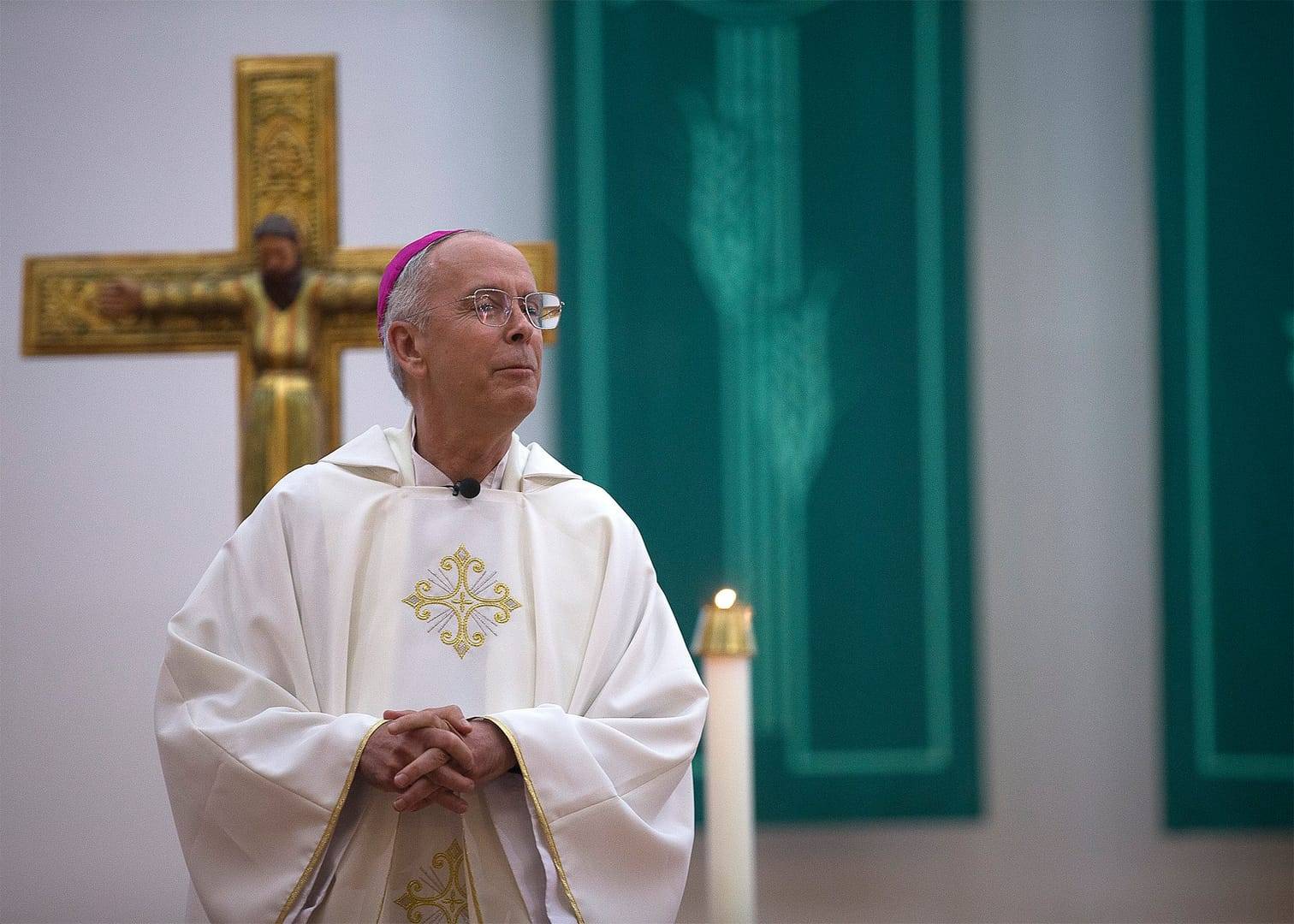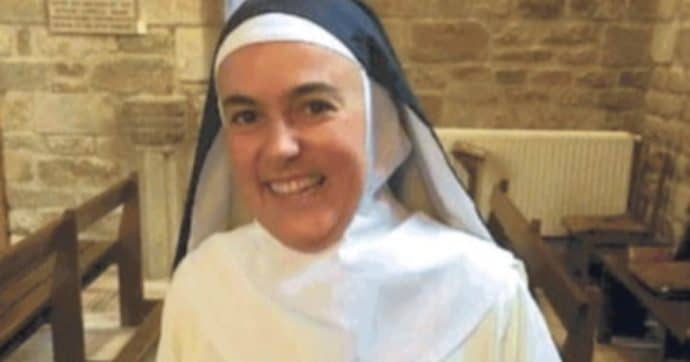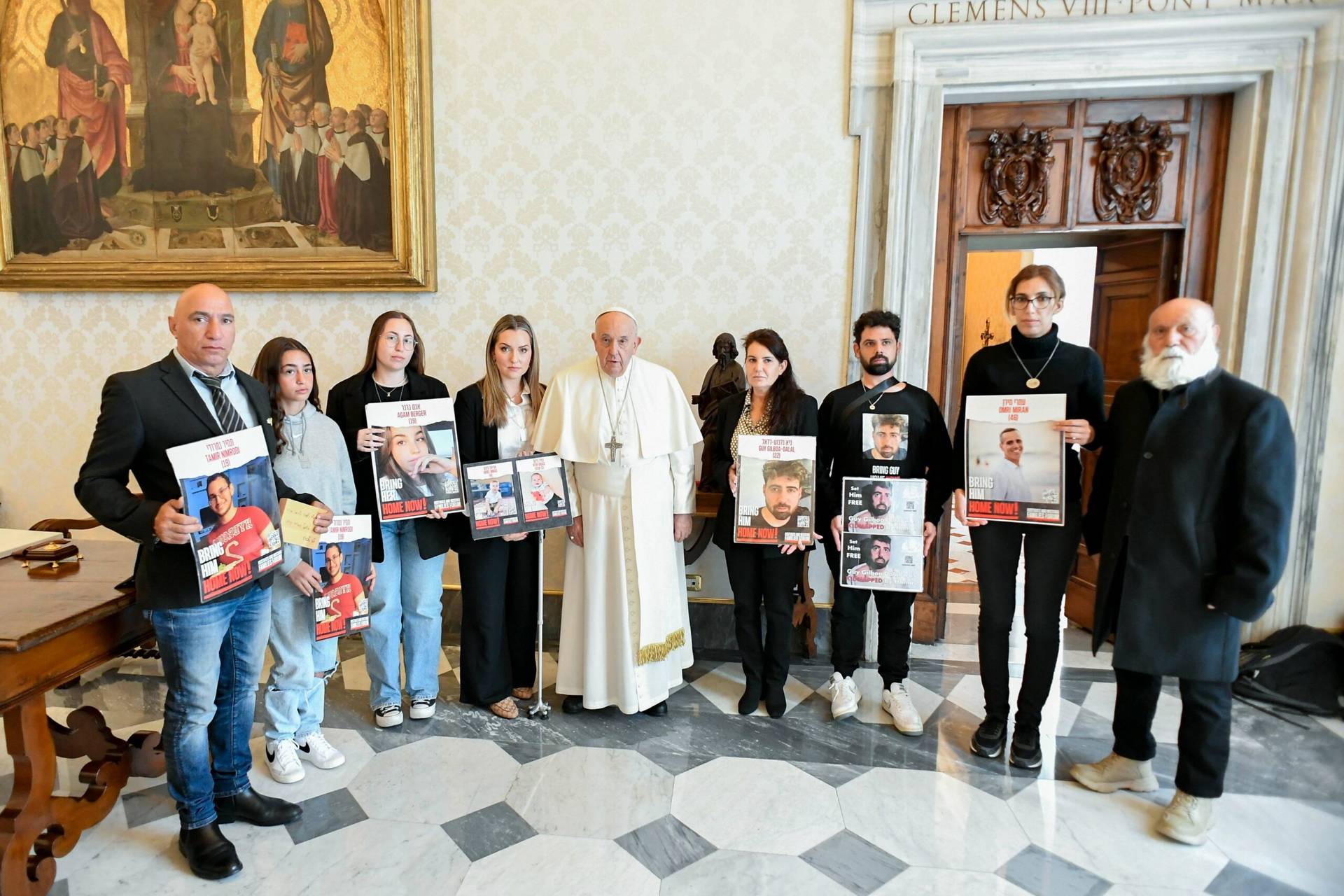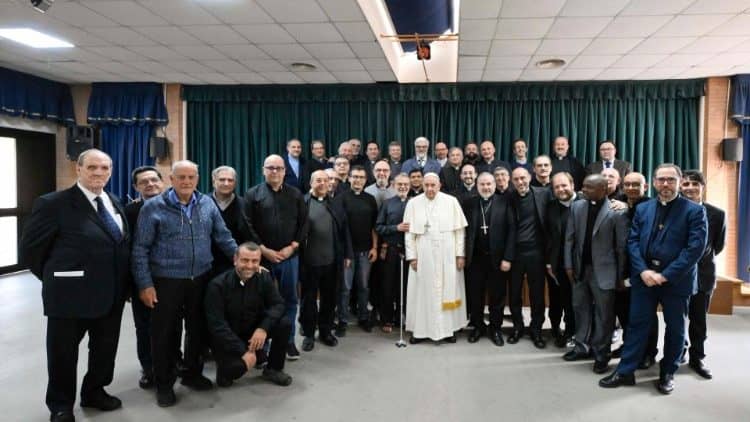ROME — Pope Francis said Wednesday he hopes to visit Japan next year, a trip that would enable him to draw attention to both the legacy of Christian martyrs centuries ago and survivors of the atomic bombs in 1945.
Francis made the announcement while meeting with members of a visiting Japanese cultural association.
“Taking advantage of this visit, I want to announce my hope to visit Japan next year. We hope to do it,” Francis said, speaking off-the-cuff.
Francis has long expressed his admiration for Japanese culture and history, and famously had hoped to become a missionary in Japan after he was ordained a priest. His superiors dashed his hopes, however, citing his frail health at the time.
But during his five-year papacy he has repeatedly spoken in admiration of the missionary work of his Jesuit order to bring Christianity to Japan in the 16th century, and of the witness of the martyrs who suffered from the anti-Christian persecution that ensued.
Any papal visit to Japan would certainly include a visit to the Museum of the 26 Martyrs and monument in Nagasaki at the site where 26 Christians were killed in 1597.
Visiting Nagasaki would also allow Francis to draw attention to its devastating atomic legacy; Francis has called for a world completely free of nuclear weapons and earlier this year had the Vatican print up thousands of cards purportedly of a Nagasaki child survivor carrying his dead brother on his back with the words “the fruit of war” printed on it.
Earlier this year, the mayors of Hiroshima and Nagasaki reportedly asked Francis to visit to encourage survivors. And Japan’s bishops have been urging him to visit since he was elected, in part to honor the so-called “Hidden Christians” who kept the faith alive during decades of persecution.
Jesuit missionaries first began spreading Christianity in Japan in 1549, famously led by St. Francis Xavier, one of the founders of Francis’s Jesuit order. By 1585 Christianity had spread so much that a delegation of four young Japanese Catholics traveled halfway around the globe to participate in the festivities of the election of Pope Sixtus V in Rome.
But a backlash against Christians was already brewing and persecution became rampant and systematic, with Christians executed en masse, including the famous 26 martyrs. In 1612, a famous anti-Christian edict was passed and a few years later Christianity was banned outright.
Today, Japan has a tiny Catholic community; Francis has praised its strong faith as a result of the history of brutal Christian persecution.
St. John Paul II was the first pope to visit Japan, in 1981.

















